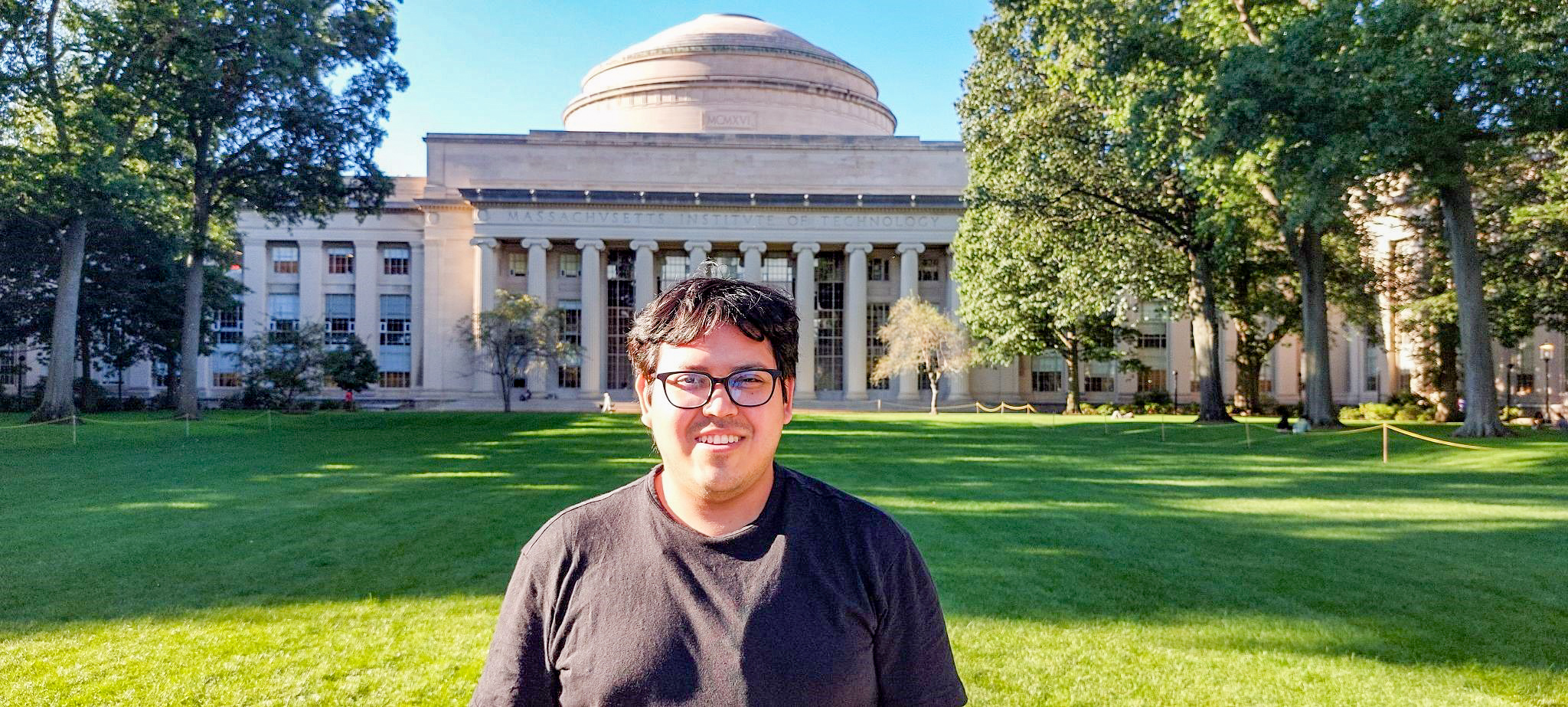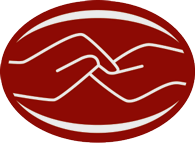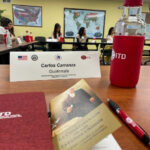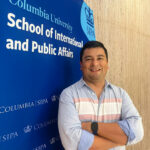By Antonio Anaya Hernández, Mexico
“Two roads diverged in a wood,
and I— I took the one less traveled by,
And that has made all the difference.”
Robert Frost
Ten years ago, in the heart of southern Mexico, I discovered Robert Frost’s poems. I was in a financial bind, wondering how to make ends meet. Little did I know that this moment would shape my journey. I faced a tough decision: pay the electricity bill or invest my last pesos in a ticket to Startup Weekend 2013 in Tuxtla Gutierrez. It was a reckless choice, but a gut feeling urged me on.
To my surprise, I not only attended but also won the first prize, alongside a team I barely knew. It was a rollercoaster of success and subsequent challenges, but that experience ignited my entrepreneurial spirit. It drove me to explore various non-traditional learning avenues, from scouring open internet resources to participating in incubation programs at MIT.
Hailing from Chiapas, the poorest state in Mexico by income per capita, and where resources are scarce, I’ve learned a valuable lesson: self-reliance. When you can’t find a decent job, you have to create your own source of income.
Presently, I’m part of the Professional Fellowship Program at the U.S. Department of State, living just 30 meters from Robert Frost’s house in Amherst, MA – how cool is that! The fellowship is nourishing my mind, exposing me to different discussions about the U.S. Constitution, democracy, the free market, the importance of circular immigration and human rights, and the understanding of leadership as a process.
Last week, I attended a board meeting where people were deciding where to allocate $100 million to stimulate jobs and the economy in an entire region. We had scholars from UMASS, Amherst College, Columbia University, and I took the initiative to reach out to the MIT American Natives Science and Engineering Society, where I had the chance to interview Professor Jean-Luc Pierite.

This has been an intense journey, and I’m absorbing as much knowledge as possible while working on developing a project for my region in similar contexts. Of course, we not only work relentlessly on our projects and deliverables but also had the chance to visit New York City, walking 50 kilometers in the rain, getting our shoes soaked, and catching the flu. Lovely. We have also had the opportunity to talk to everyday people and understand the many cultural mixings happening in the U.S.
Looking ahead, affecting change requires a mix of technical, interpersonal, and financial skills, which is a challenge for me as I transition from a technical background to the decision-making front. After I return home, there’s an action plan to implement over the next three months and a mini-grant to secure. There is still much to learn about which parameters are more important for a successful project assessment, but I make progress every day by talking to my host, Tricia at Tech Foundry, reading articles, and watching crash course videos.
The takeaway: Often, you’ll be the first or the only one doing it, and your ideas may not always be met with enthusiasm. Change and uniqueness can be unsettling for many. But if you want to make a difference in the world around you, you’ve got to take that leap.
All opinions expressed by the program participants are their own and do not represent nor reflect official views from the Bureau of Educational and Cultural Affairs of the U.S. Department of State, or of the Institute for Training and Development, Inc.




